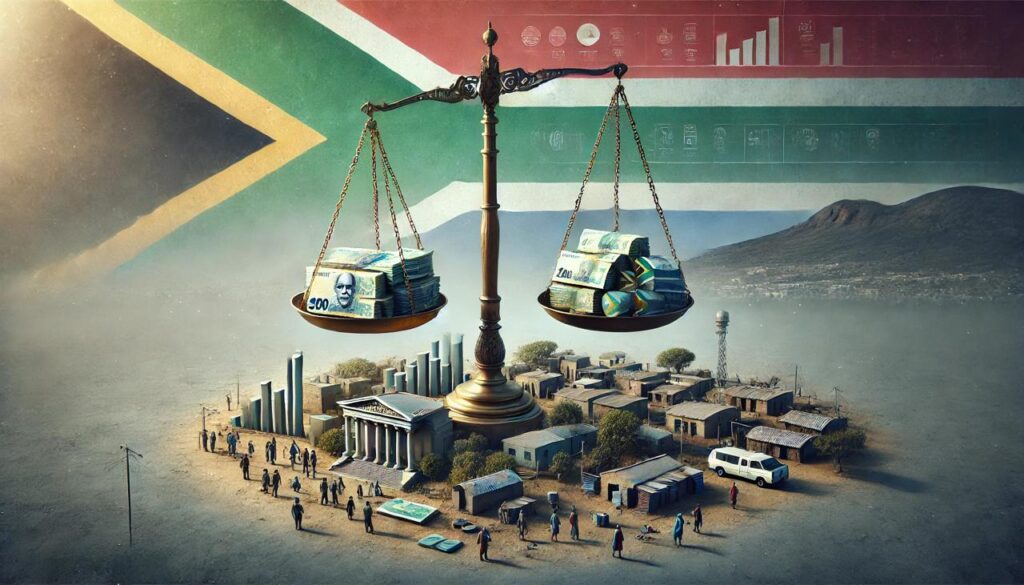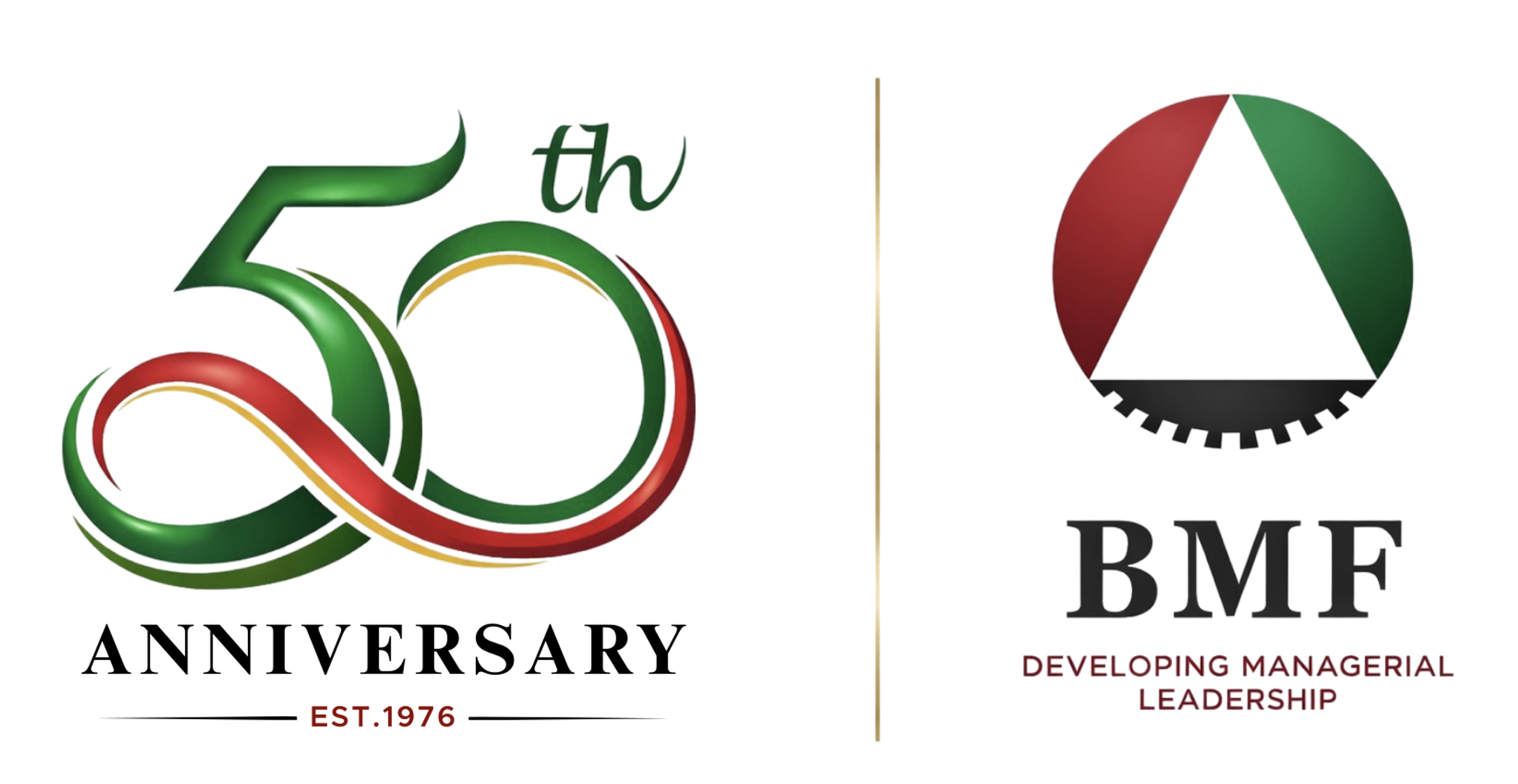The Impact of De-Regularization on the Black Economic Agenda: An analysis of the Operation Vulindlela and the future of SOC

While avoiding South Africa’s debt trap is a delicate balancing act, Operation Vulindlela and the Presidency’s reform program are recognized as valuable tools to promote prudent financial management and address the country’s escalating debt crisis. However, beyond these financial measures, it is even more essential to prioritize solutions for the country’s socio-economic challenges, including poverty alleviation and, most critically, addressing the lingering injustices of the past. The country’s mounting debt trap and high debt-to-GDP ratio are urgent issues for the government, threatening South Africa’s sovereignty if not swiftly addressed. According to National Treasury, gross debt is expected to increase from R5.21 trillion (73.9% of GDP) in 2023/24 to R6.29 trillion (74.7% of GDP) by 2026/27—a path that is unsustainable and demands decisive corrective action. While managing the state deficit and ensuring fiscal discipline are crucial, tackling South Africa’s socio-economic issues is equally essential to promote social cohesion and reduce public unrest. With the world’s highest Gini coefficient, these socio-economic disparities represent a ticking time bomb if left unaddressed.
The establishment of the Government of National Unity (GNU) is widely praised for stabilizing the country and preventing a potential collapse during the power transition, particularly as it marked the first time in 30 years that the ANC shared governance. This shift has invigorated the country’s democracy, challenging previous norms. However, with the spotlight now on the transformation and structural reform of South Africa’s economy, the policies introduced by the GNU must avoid perpetuating economic concentration or undermining the progress made since the end of apartheid. As South Africa’s first democratically elected President once stated, “never and never again shall it be that this beautiful land will again experience the oppression of one by another.” It is therefore crucial to closely monitor and scrutinize GNU policies to ensure they align with these foundational democratic ideals. The persistent poverty affecting the majority, soaring youth unemployment even among graduates, the concentration of Africans in townships and informal settlements, and inadequate service delivery must all be prioritized by the current government.
Measures must be implemented to address and reverse the systemic exclusion of Black people, especially Africans. “South Africa needs a radical BMF. The BMF cannot be orthodox or mainstream,” stated Gqubule in a Sowetan article titled BMF Needs to Find Its Voice. Harnessing the Black Management Forum’s (BMF) focused efforts to advance corporate transformation in South Africa is crucial for fostering greater representation and efficiency within the nation’s institutions. The BMF’s advocacy for building a “critical mass” of skilled Black Africans in particular professionals in leadership positions across corporate South Africa and government supports the broader objectives of economic equity and social empowerment.
The Government of National Unity (GNU) has a pivotal opportunity to adopt a transparent, merit-based approach for appointments in state institutions and government departments. Conducting live public interviews for key roles could significantly enhance transparency and public trust, ensuring that the most qualified candidates are chosen through an open process. The core aim of the government’s reform program is to drive efficiency, governance, and accountability within state institutions to support their long-term sustainability and alignment with national development goals. The success of these reforms depends on transparency and the appointment of skilled Black professionals to senior positions across both corporate South Africa and government.
In partnership, the BMF and GNU could create a model of transparency and competence in appointments, setting a new standard for both corporate and government roles in South Africa. This collaboration would support an economic development policy grounded in African meritocracy, addressing the public sector’s skills drain by fostering a more appealing and rewarding work environment. Such an environment would include incentives for skill retention, competitive compensation, a positive workplace culture, and vital training and development for management—ensuring that only the very best are selected for top leadership roles in state institutions and government departments.
A call to action:
The Government of National Unity is urged to provide a detailed plan on how it will strike a balance between fiscal discipline and social investment, specifying the precise measures it intends to implement. Additionally, the public deserves clarity on whether deregulation and corporatization are the sole paths to achieving these goals. If this policy direction was required for government borrowing, the government should also consider if there were alternative financing institutions it could approach that would not compromise the state’s capacity to drive economic development.

About the Author
Nonoho Monyatsi is a Commercial Projects Manager and serve as Business in Energy sector Young Expert at the BRICS Youth Energy Agency






Responses